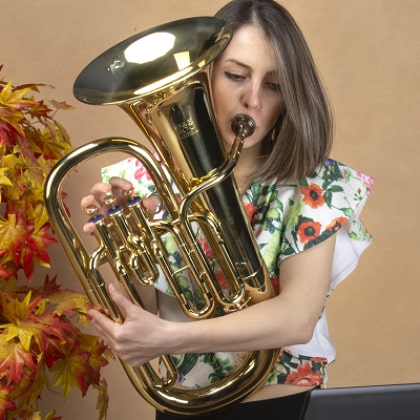
1. Enthusiasm
Enthusiasm is essential in learning any profession, including music. Determine if you are genuinely interested in playing an instrument. To do this, first decide which musical style appeals to you the most. Attend concerts or listen to various music styles. Once you find a style you love, visit a music store to explore and listen to different instruments before making a purchase.
2. Physical Condition
After confirming your interest, consider your physical condition, which is crucial when selecting an instrument. While everyone can learn to play a wide range of instruments, some may face challenges. For example, certain wind instruments require a strong respiratory system, making them difficult for individuals with respiratory issues to play effectively.
3. Suitable Setting at Home and Sufficient Funds to Purchase an Instrument
Before choosing an instrument, consider your home environment and budget. Some instruments, like the saxophone or trumpet, are loud and may disturb others, while larger instruments, like the piano, require ample space. Ensure your home can accommodate the instrument's sound level and physical size. Additionally, be aware of the costs associated with different instruments, as some can be quite expensive. Research prices before committing to lessons and purchasing an instrument.
4. Interest in Singing
If you or your child is interested in singing or joining a choir, this may influence your choice of instrument. For instance, you cannot sing while playing most wind instruments. Instead, consider instruments that allow simultaneous singing, such as the piano or guitar.
Children should complete introductory music theory lessons, such as those following the Orff approach, which is an ideal starting point for young learners. After these lessons, they can choose their instrument, keeping in mind the factors mentioned above.